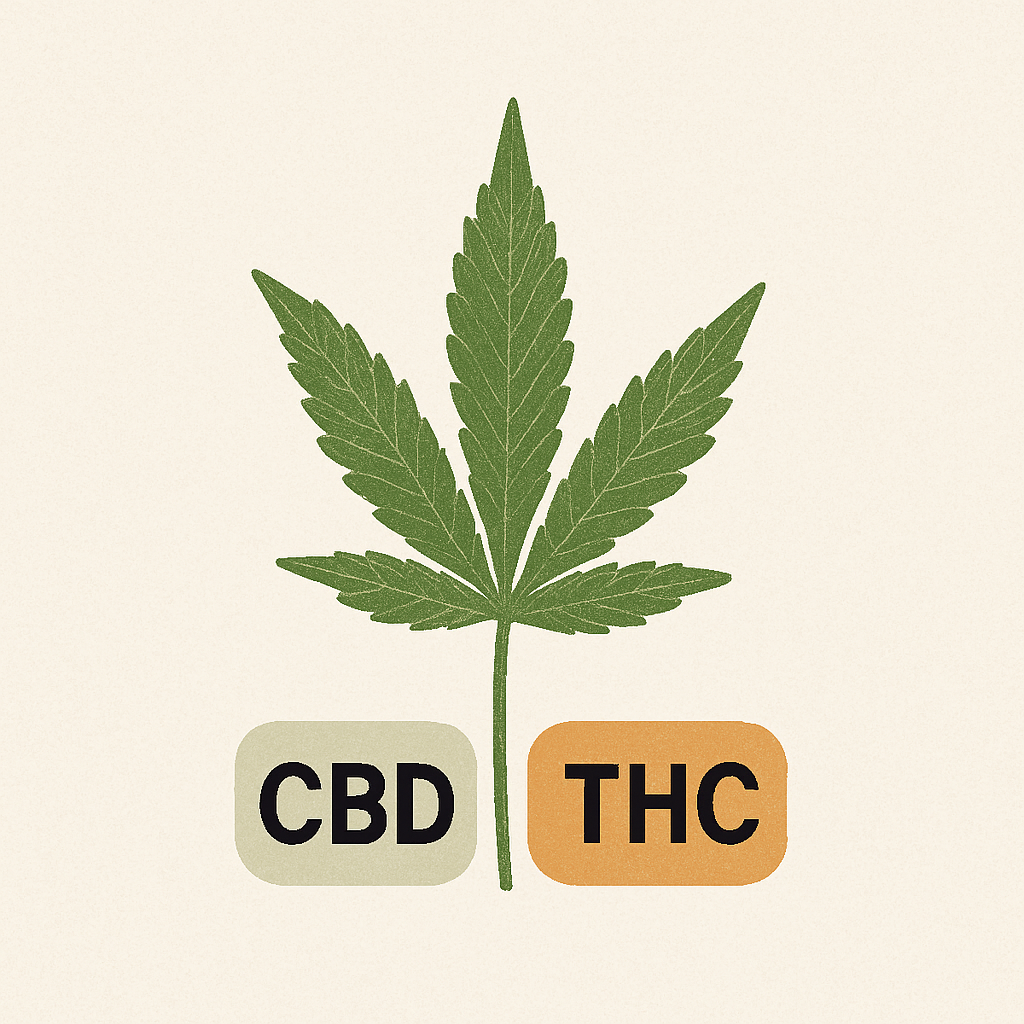Understanding the Differences Between CBD and THC

CBD (cannabidiol) and THC (tetrahydrocannabinol) are two well-known compounds found in the cannabis plant. While they are both cannabinoids, they interact with the body in different ways and are associated with very different user experiences.
Psychoactive vs. Non-Psychoactive
The most notable distinction between the two is that THC is psychoactive, meaning it can produce the “high” typically associated with cannabis. CBD, on the other hand, is considered non-intoxicating. This difference is due to how the compounds interact with the body’s endocannabinoid system. THC binds more directly to CB1 receptors in the brain, while CBD interacts with them more indirectly and may even influence how THC behaves when taken together.
Legal Considerations
In the United States, CBD derived from hemp (cannabis containing less than 0.3% THC) is federally legal under the 2018 Farm Bill. However, individual state laws may restrict its sale or use. THC remains federally illegal but is permitted for medical and/or recreational use in certain states with regulated programs.
This difference in legal classification has made CBD more widely available in mainstream retail and online markets, while THC products are generally only sold through licensed dispensaries in states where they are legal.
Common Uses and Research Areas
CBD and THC are both being studied for a wide range of potential applications. Some early research and user reports suggest:
- CBD is being explored for its interaction with stress, rest cycles, and overall mood regulation.
- THC is being studied for its potential role in supporting appetite and comfort during nausea.
- Some individuals use both CBD and THC together in what is informally called the “entourage effect” a term describing the possible synergistic relationship between cannabinoids and other plant compounds.
While ongoing research is promising, it’s important to note that these compounds affect everyone differently, and individual responses may vary. The FDA has only approved a small number of cannabinoid-based medications, and no over-the-counter CBD or THC product is approved to treat or cure any specific condition.
Making Informed Choices
Those looking to explore the plant’s potential often start by understanding the differences between CBD and THC, and how they might complement one another. Some prefer to work with CBD-only products, while others find value in full-spectrum formulas that contain both compounds. Your comfort level, goals, and legal access all play a role in determining what’s best for you.
This article is for educational purposes only and does not constitute medical advice or product claims. Always consult a licensed healthcare provider before beginning any new supplement or wellness routine.
No comments
Calculate Your Infusion Strength in Seconds
Get a quick estimate of your infused oil's potency before you make it. Enter flower weight, percentage, and oil volume to see a clear breakdown for your batch and servings.
Open the Potency Calculator






0 comments